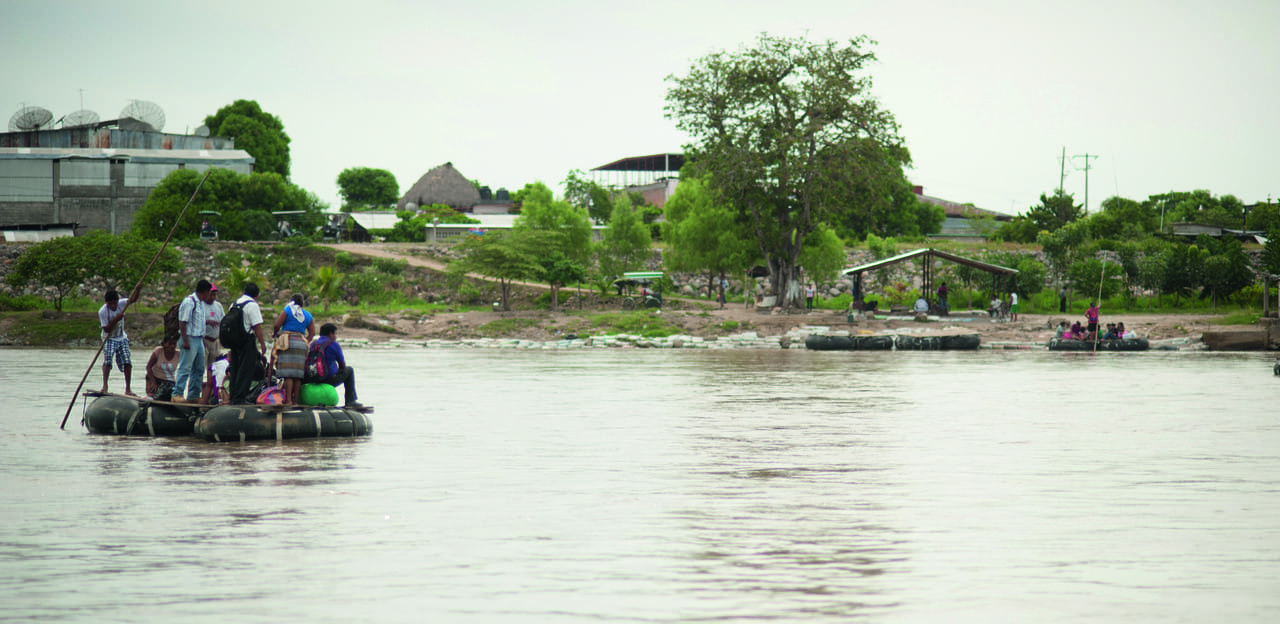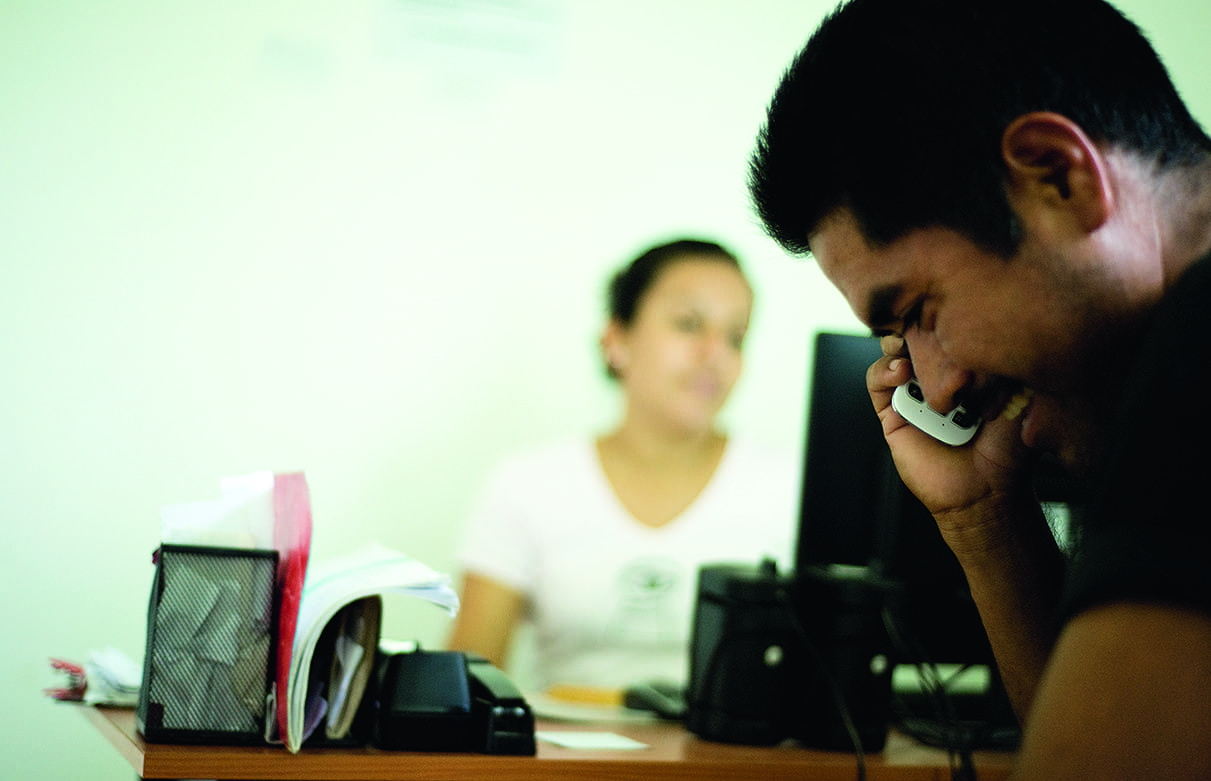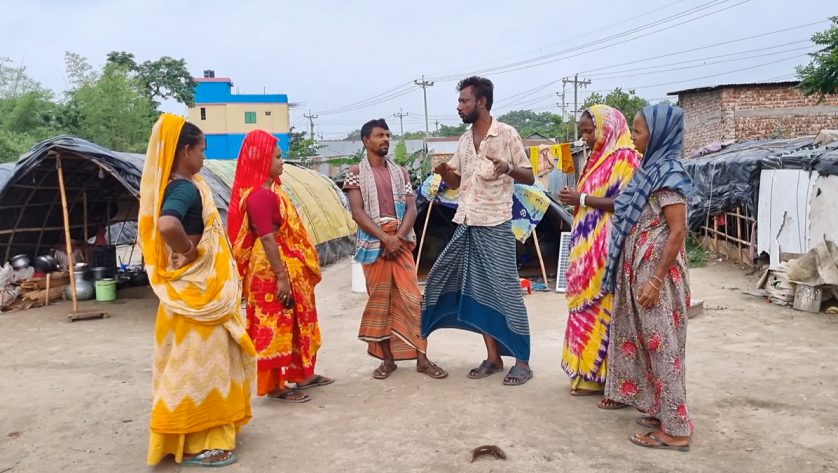While much media and political attention is placed on what happens at the border of Mexico and the United States, people around the world hear less about the plight of those at places such as El Carmen, roughly 1,000 kilometres to the south.
“I had been travelling for four days when I was stopped by the Mexican police in Tabasco,” says Wilmer, a 30-year-old electrician who had already succeeded once in getting into the United States.
At the Guatemalan Red Cross post, Wilmer was given water, food, information about the route he has to follow to get home safely and the use of a telephone to call home.
“I was able to talk to my mother,” he says. “She was very moved because she had been very worried about me all these days. She was crying but I told her I will be there soon, today or tomorrow at the latest.”
Wilmer’s tale is just one of the many sad stories one hears at the migrant reception centre, says the centre’s psychologist Carlily Aguilar. “When the Mexican police stop them, they spend several days in Mexican jails until they arrive here, which is the main arrival point for deported migrants,” Aguilar says. The most common problems among the migrants on their long journey, she explains, are the psychosocial aftereffects of their ordeal and malnutrition.
In some cases they have also been victims of physical aggression or even sexual abuse. In these cases, they are often very afraid and ashamed to talk, especially men, and so she is there to offer psychological support.
The services available in El Carmen are just one element of the Guatemalan Red Cross’s migrant project, implemented in 2012 in four districts in San Marcos department, bordering the Mexican state of Chiapas.
The project also includes hygiene services such as showers, medical care at local clinics at points where migrants often pass, ambulance services when needed, psychosocial support and other programmes focused on helping returning migrants get back on their feet when they return to their cities or towns of origin.
 Red Cross Red Crescent magazine
Red Cross Red Crescent magazine 







 Tech & Innovation
Tech & Innovation Climate Change
Climate Change Volunteers
Volunteers Health
Health Migration
Migration